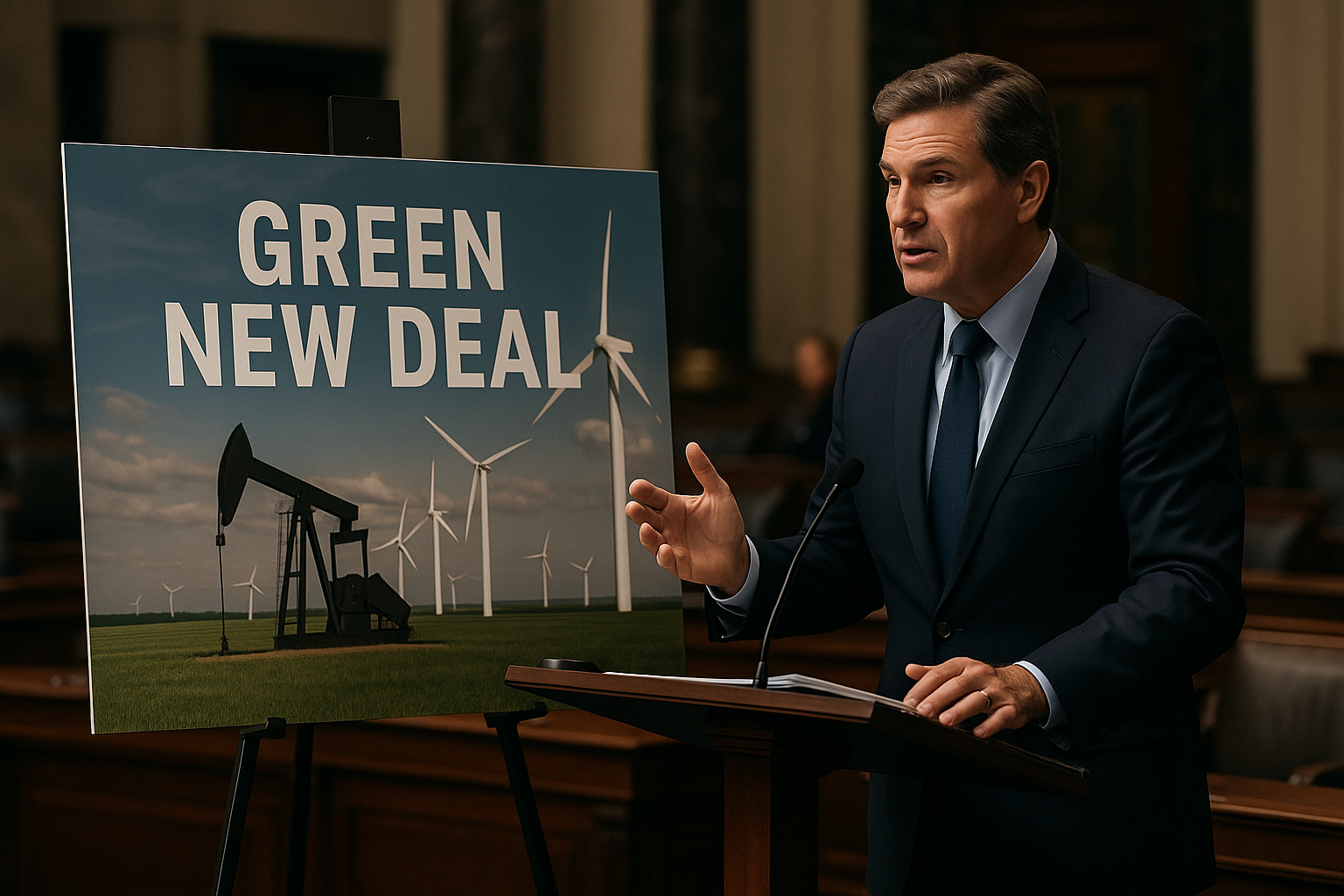Understanding the Shift in Environmental Legislation: The Case of Green New Deal
Introduction: Unraveling the complexities of the Green New Deal, this article delves into the historical context, current legislative implications, and societal impact of this comprehensive and ambitious plan. Environmental legislation has been a cornerstone of government policy in the United States since the early 20th century, with the creation of the National Park Service in 1916 marking the first significant step towards preserving the environment. The 1960s and 70s saw a surge in environmental activism, leading to the creation of the Environmental Protection Agency and the passing of key laws like the Clean Air Act and the Clean Water Act. These foundational laws set the stage for the ambitious Green New Deal.

The Green New Deal: A Paradigm Shift in Environmental Policy
Proposed in 2019 by Representative Alexandria Ocasio-Cortez and Senator Ed Markey, the Green New Deal represents a radical departure from previous environmental policies. It is a comprehensive plan that aims to address climate change and economic inequality simultaneously. The proposal calls for a 10-year national mobilization to transition to a 100% clean, renewable energy system, upgrade infrastructure, and create millions of high-wage jobs, among other goals.
Legal Updates: The Current State of the Green New Deal
As of today, the Green New Deal remains a proposal. It has not been passed into law, but it has sparked intense debate within Congress and among the public. Its aggressive timeline and the significant changes it proposes have been met with both praise for its ambition and criticism for its potential cost and feasibility. Despite not being enacted into law, the Green New Deal has influenced other legislative efforts and shifted the conversation about climate change and economic inequality.
Societal Implications: The Impact of the Green New Deal
The Green New Deal proposes significant changes that could have far-reaching effects on society. If implemented, it would lead to a transition away from fossil fuels, potentially impacting industries and jobs in this sector. However, it also promises to create new jobs in the renewable energy sector. The proposed improvements in infrastructure could lead to better living conditions, particularly in marginalized communities. The Green New Deal also brings attention to the link between environmental and social justice, highlighting the need for policies that address both.
Moving Forward: The Future of Environmental Legislation
The Green New Deal marks a turning point in environmental legislation. While it is yet to be passed into law, the proposal has already influenced the conversation around climate change, economic inequality, and the role of government in addressing these issues. Whether or not the Green New Deal becomes law, it is clear that it represents a new direction in environmental policy and sets the stage for future debates and legislative efforts in this area.
In conclusion, the Green New Deal is more than an environmental policy proposal—it is a reflection of changing societal values and priorities. Its focus on climate change, economic inequality, and social justice highlights the interconnected nature of these issues and the need for comprehensive solutions. As the debate around the Green New Deal continues, it will undoubtedly impact the future of environmental legislation in the United States.






